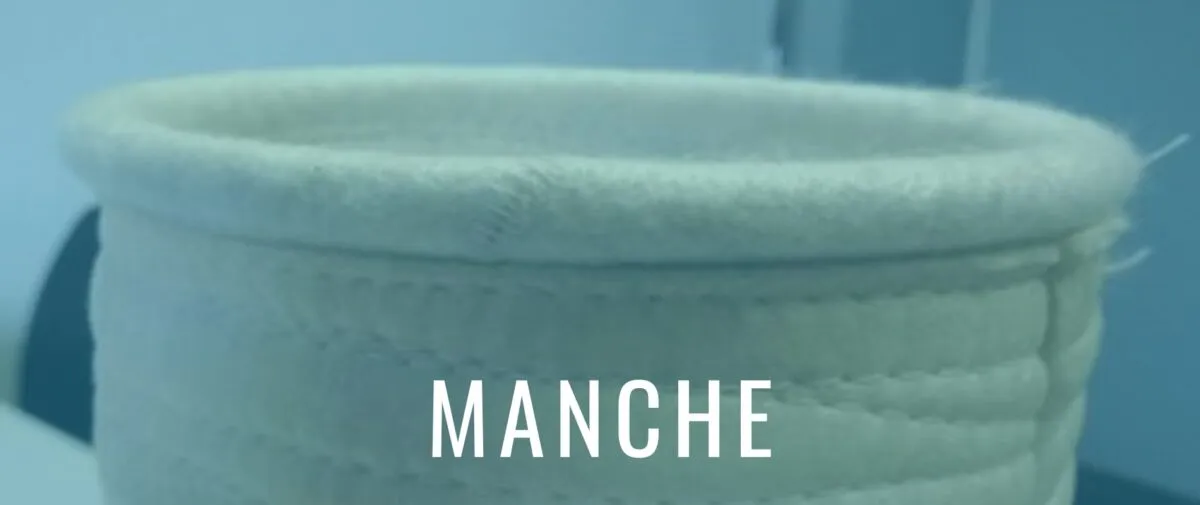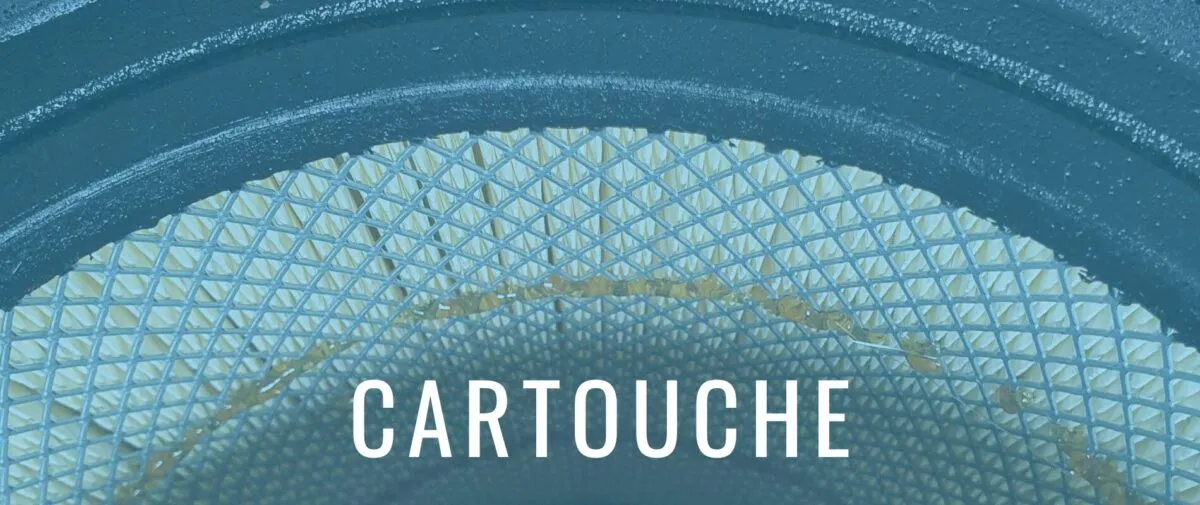Industrial filtration
INDUSTRIAL FILTRATION
Protecting the environment is imperative for our future.
Filter elements play an active role in reducing particle emissions.
Air Filtration
An infinite solutions to meet your needs.
Producing in a safety environment
Industrial processes often generate large quantities of dust containing particles of raw materials and potentially harmful substances.
Investing in efficient filter elements not only makes it possible to recover these raw materials, but also to reduce pollutant emissions into the atmosphere, thereby helping to preserve our environment for future generations.

Filter bags
It is vital to pay particular attention to its design and installation. En savoir plus

Filter cartridges
You can find them in a multitude of shapes, media and fitting. En savoir plus
Filter Bags
In principle, the design of the bags is defined by the filter manufacturer (The OEM).
We call these standards.
To improve filter performance, it is also possible to adapt these standards.
This is known as the “Custom Standard”.
Modifying the top, changing the rings, etc..
Role of filtering elements
Filtration is a separation process used to isolate the constituents of a liquid or solid mixture through a filter element.
Using a filter retains the particles in the heterogeneous solution.
These particles or dusts are either recovered in the case of noble products or products with added value, or eliminated in the case of final waste.
The processes used are adapted to the final application, which is why the filtration market is so vast and made up of an infinite number of products.
It’s crucial to know exactly what your operating conditions are in order to find the best compromise.
A bag filter is used to capture and treat the dust contained in a gas stream.
The dust is retained by a filter element of varying efficiency, which may be made of glass cloth, synthetic fibre or synthetic felt.
As the particle-laden air passes through the filter bags, the larger particles create a filter cake that traps the finer particles.
The purified air is discharged through a stack, while the trapped particles are collected and periodically removed by a cleaning process, such as shaking, air injection or reverse flow.
